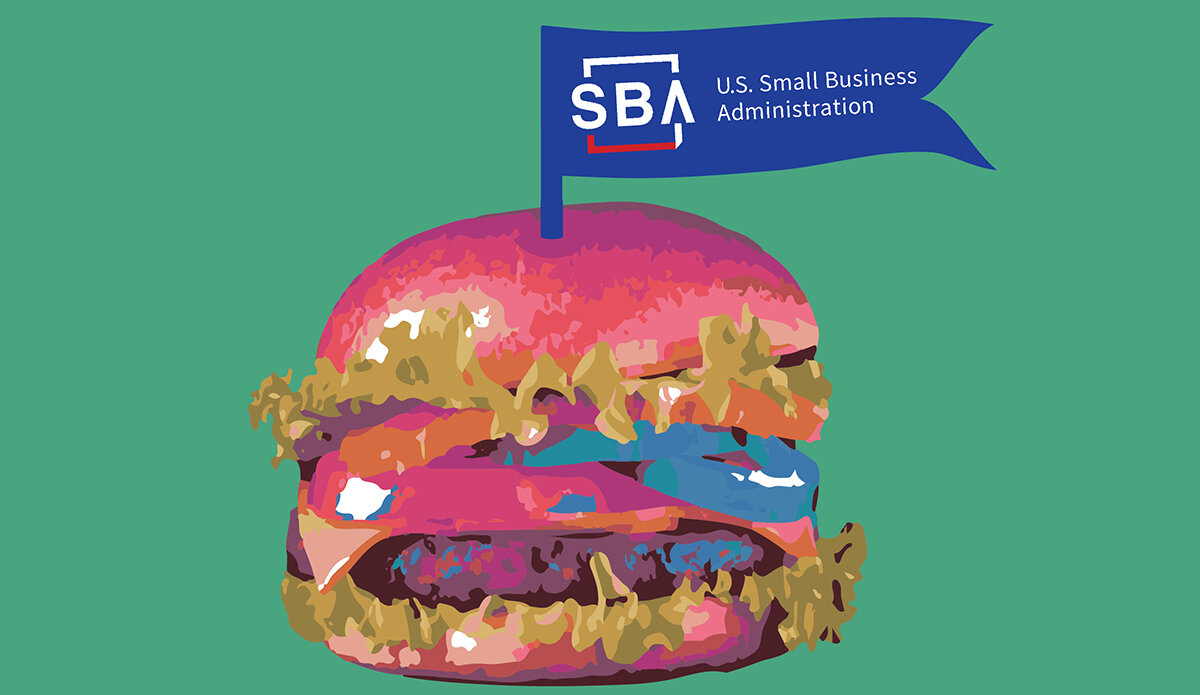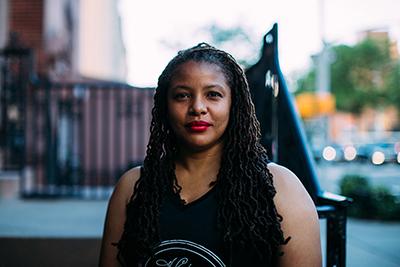
The American Rescue Plan Act of 2021 established $28.6 billion in grants for food service businesses impacted by the COVID-19 crisis. The U.S. Small Business Administration (SBA) announced it will begin accepting applications for this Restaurant Revitalization Fund (RRF) on Monday May 3, 2021 at 12 PM EST.
See below for an overview of the RRF grant program, including select information from the SBA website. Information about the program is quickly evolving. Visit the SBA website for additional details and to stay current with the latest.
RECORDING OF SBA RRF WEBINAR
On Thursday April 29, 2021, the SBA hosted a free informational webinar on the details of the RRF application process. A public recording of the webinar is available here.
WHO CAN APPLY FOR THE RRF?
The following types of businesses may be eligible for RRF grants if their primary purpose is to serve food or drinks to the public and they experienced revenue loss because of the COVID-19 pandemic:
-
Restaurants
-
Food stands, food trucks, food carts
-
Caterers
-
Bars, saloons, lounges, taverns
-
Snack and nonalcoholic beverage bars
-
Licensed facilities or premises of a beverage alcohol producer where the public may taste, sample, or purchase products
-
Other businesses where onsite sales to the public comprise at least 33% of gross receipts:
-
Bakeries
-
Brewpubs, tasting rooms, taprooms
-
Breweries and/or microbreweries
-
Wineries and distilleries
-
Inns
-
Starting on May 3, 2021 and for the first 21 days of the application period, priority in processing applications submitted is given to small businesses at least 51% owned by women, veterans, or those identifying as socially or economically disadvantaged, as defined by the SBA. Businesses are not eligible for RRF grants if they (i) are owned or controlled by a publicly traded business, (ii) have applied for or received a Shuttered Venue Operators Grant or or (iii) have 20 or more locations. Find out more about cross-program eligibility on SBA COVID-19 relief options, including the RRF here.
__________________________________________
HOW MUCH CAN APPLICANTS RECEIVE IN RRF GRANTS?
Eligible businesses can apply for grants up to the following amounts:
● [Option 1] For businesses in operation on or before January 1, 2019: 2019 gross receipts, minus 2020 gross receipts;
● [Option 2] For businesses that started operations partially through 2019: 2019 gross receipts calculated as average 2019 monthly gross receipts times 12, minus 2020 gross receipts;
● [Option 3] For businesses that started operations on or between January 1, 2020 and March 10, 2021, and otherwise eligible businesses not yet opened but that have incurred eligible expenses (and, at their discretion, businesses opened partially through 2019): amount spent on eligible expenses between February 15, 2020 and March 11, 2021, minus 2020 gross receipts, minus 2021 gross receipts (through March 11, 2021).
Paycheck Protection Program (PPP) loan amounts received will be deducted from eligible RRF grant amounts. Grants can be in an amount up to $5 million per location or $10 million per business. The minimum award is $1,000. Grants are considered taxable income.
HOW CAN RECIPIENTS USE THEIR RRF GRANTS?
Permitted uses of RRF grants include the following:
-
Business payroll costs (including sick leave)
-
Payments on any business mortgage obligation
-
Business rent payments (not including prepayment of rent)
-
Business debt service (both principal and interest; not including any prepayment of principal or interest)
-
Business utility payments
-
Business maintenance expenses
-
Construction of outdoor seating
-
Business supplies (including protective equipment and cleaning materials)
-
Business food and beverage expenses (including raw materials)
-
Covered supplier costs
-
Business operating expenses
RRF grant recipients who use their funds for these permitted uses no later than March 11, 2023 will not be required to repay these amounts.
HOW CAN A BUSINESS APPLY FOR AN RRF GRANT?
Starting May 3, 2021, eligible applicants may submit their RRF applications online with the SBA. They should first register on the SBA’s Restaurant Revitalization Award Portal here. A sample RRF application on SBA Form 3172 is available here. Applicants may also apply through a participating SBA-recognized Point of Sale vendor.
Required supporting documentation to complete an application includes the following:
-
IRS Form 4506-T
-
Any gross receipts and eligible expenses documentation, such as:
-
Business tax returns (IRS Form 1120 or IRS 1120-S)
-
IRS Forms 1040 Schedule C; IRS Forms 1040 Schedule F
-
For a partnership: partnership’s IRS Form 1065 (including K-1s)
-
Bank statements
-
Externally or internally prepared financial statements such as Income Statements or Profit and Loss Statements
-
Point of sale report(s), including IRS Form 1099-K
-
-
Documentation evidencing onsite sales to the public comprise at least 33% of gross receipts (where applicable)
WHERE CAN PROSPECTIVE APPLICANTS LEARN MORE ABOUT THE RRF?
Visit the SBA’s Restaurant Revitalization Fund page for additional information and support with an RRF application through:
● RRF Knowledge Base FAQs and Technical Help
● Call center support: 1-844-279-8898
● Recorded Webinar
____________________________________________
Start Small Think Big is working in partnership with lawyers from Cleary Gottlieb to keep track of these ongoing developments. Please be on the lookout for additional information and resources about the new legislation in the weeks to come. Reach out to Start Small Think Big should you wish to schedule a consultation with an attorney about your small business.
This information is current as of April 30, 2021, and should not be considered comprehensive. This is not a substitute for, and should not be relied upon as, legal or professional advice; we recommend that you consult professional advisors for guidance on your individual circumstances. Nothing contained herein creates an attorney-client relationship with Start Small or Cleary Gottlieb. This information should not be construed as an endorsement of any specific financial program.


